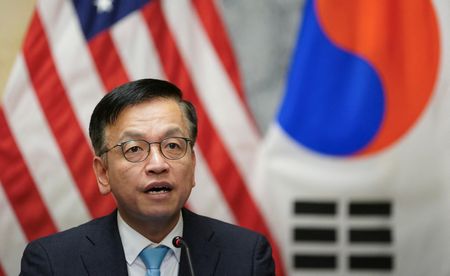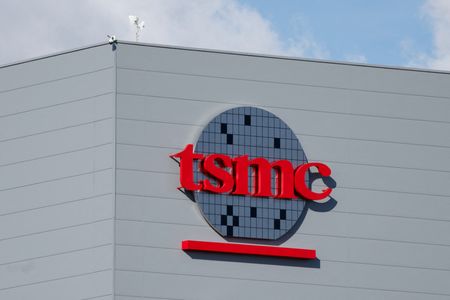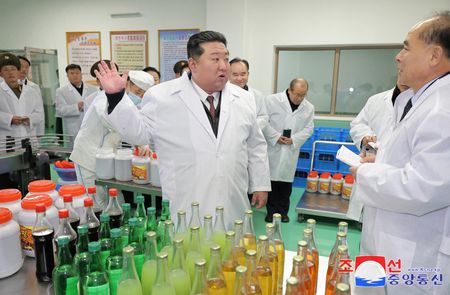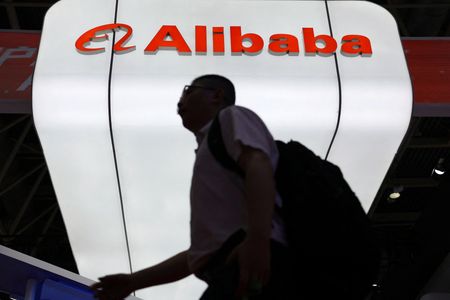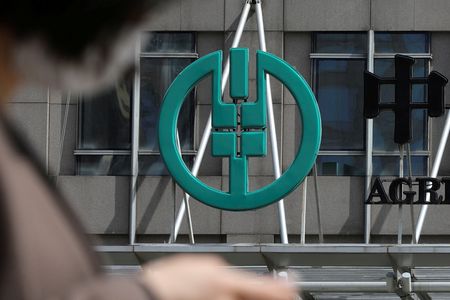By Jihoon Lee
SEOUL (Reuters) – South Korea will thoroughly review non-tariff barriers and other vulnerabilities to respond to a U.S. plan to introduce reciprocal tariffs, the country’s acting president said on Friday.
U.S. President Donald Trump tasked his economics team on Thursday with devising plans for reciprocal tariffs on every country taxing U.S. imports with potential targets including South Korea, China, Japan and the European Union.
“The impact of the reciprocal tariff measures may not be huge on our economy, as tariff rates are low due to the Korea-U.S. Free Trade Agreement,” said Choi Sang-mok, the finance minister who is serving as acting president.
“However, given that the U.S. said it would also assess non-tariff barriers including value-added taxes and taxes on digital services, it is necessary to monitor the situation.”
Among the top 15 U.S. trading partners, South Korea’s tariff rates are the second-highest after India, but nearly all were eliminated by the free trade pact first signed in 2007 and revised in 2018 during Trump’s first term.
Economists have said the pact could help mitigate the country’s exposure to reciprocal tariffs threatened by Trump, with the benchmark KOSPI rising more than 3% this week to the highest level since late October.
“When it comes to reciprocal tariffs, South Korea will be of less priority for Trump, as we don’t have tariffs on U.S. imports other than what, maybe rice,” said Huh Jae-hwan, economist at Eugene Investment Securities.
An official at South Korea’s customs agency said there were few barriers, if any, hindering trade of goods with the United States and imports from the United States were sometimes favoured under the trade pact.
Of the factors other than tariffs, taxes, subsidies, foreign exchange rates and unfair practices could be considered for Trump’s reciprocal measures, South Korea’s trade ministry said.
Choi said the government would respond to Trump’s tariff plan by identifying key areas of U.S. interest and preparing explanatory material regarding South Korea’s non-tariff barriers for the Trump administration.
South Korea’s average tariff rate on imports from the United States stood at 0.79% as of 2024, and is expected to be lower this year, with no duties on manufactured goods, the finance ministry said in a separate statement.
(Reporting by Jihoon Lee; Editing by Ed Davies)

